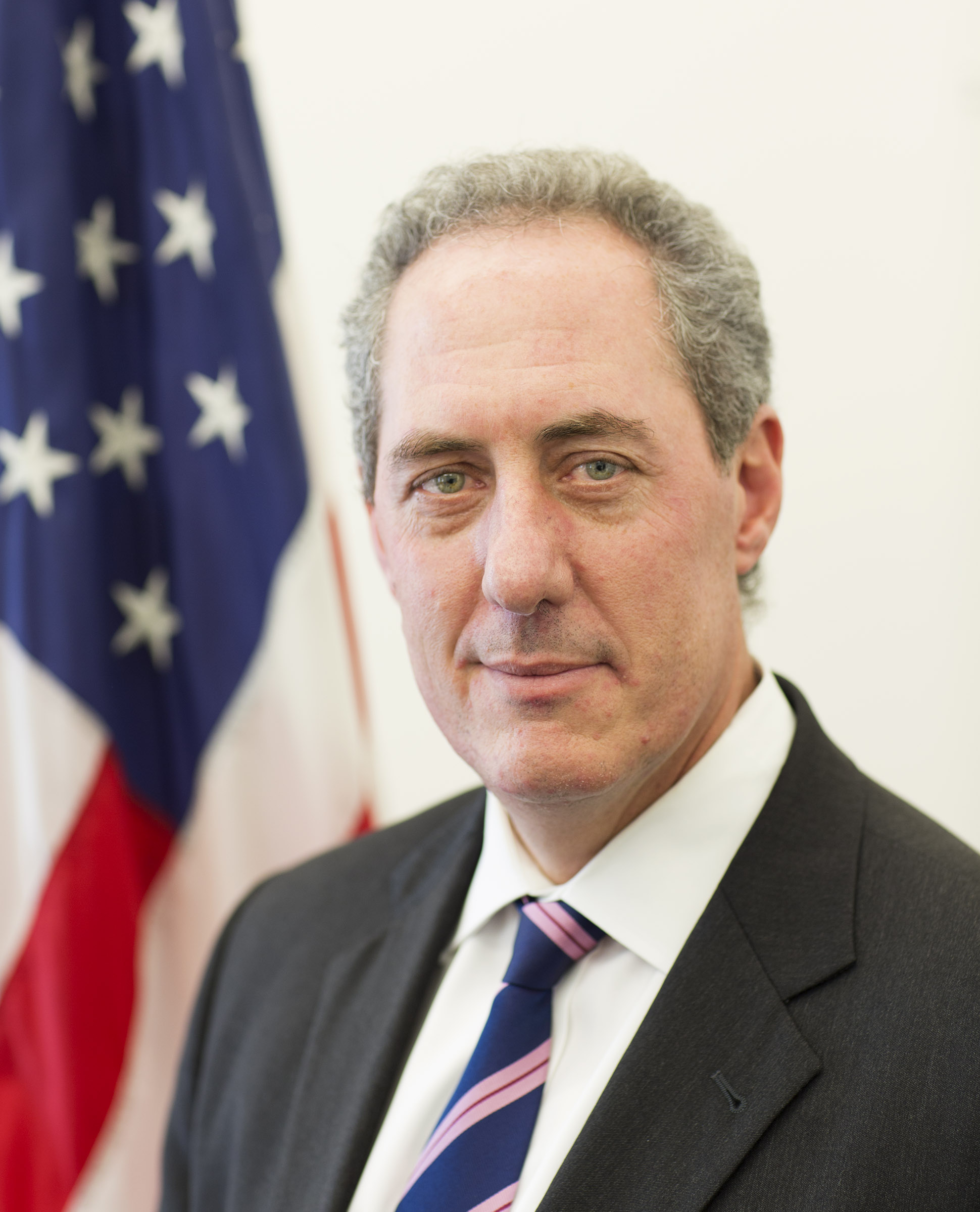By Michael Froman, U.S. Trade Representative
 Mayors have the best seat in the house when it comes to understanding how trade propels American communities and business. Whether you’re on Main Street in Portland or Peachtree Street in Atlanta; a family farm in South Dakota or a factory floor in South Carolina, trade touches your community in a positive way.
Mayors have the best seat in the house when it comes to understanding how trade propels American communities and business. Whether you’re on Main Street in Portland or Peachtree Street in Atlanta; a family farm in South Dakota or a factory floor in South Carolina, trade touches your community in a positive way.
Earlier this week, I met with mayors from across the country who convened in the District of Columbia for their annual U.S. Conference of Mayors winter meeting. Among the organization’s many objectives is to promote effective economic policies in urban and suburban areas. Mayors are looking for opportunities to grow their local economies as many are still recovering from the worst recession since the great depression. The proven ability of trade to support jobs in American communities has the potential to help us succeed.
More and more these days, Americans overwhelmingly recognize that potential for themselves.
Americans know that creating new opportunities for business owners, farmers, factory workers, and high-tech entrepreneurs, means economic growth and job creation for the middle class in their backyards.
To that end, we are currently negotiating the most ambitious trade agenda in the history of the United States, anchored by two major trade agreements with Asia and Europe. The first is the Trans-Pacific Partnership (TPP) that will grow the export of Made-in-America goods to eleven countries in the Asia-Pacific region, supporting jobs here at home while strengthening environmental protections and improving working conditions throughout the Pacific Rim. And the second is the Transatlantic Trade and Investment Partnership (TTIP) that would decrease remaining barriers in an already robust relationship, streamlining regulations for U.S. workers and firms.
The collective economic potential of these partnerships is compelling. Combined with existing agreements, these partnerships would allow American businesses to sell more products to 1.5 billion consumers globally who represent two-thirds of the world’s GDP. The addition of T-TIP and TPP to our collection of free trade agreements means at least 28 states would have exceeded $10 billion in annual exports based on the most recent economic data.
That’s an economic boon that will be felt in cities, towns, and communities coast-to-coast. In 2012 alone, every billion dollars of exported goods supported more than 5,300 American jobs while the same amount in services exports supported nearly 4,000 jobs here at home. What’s more is these jobs pay well: on average, export-related jobs pay between 13 and 18 percent more than the U.S. average.
Our economic interests will be buoyed by trade agreements that reflect our values and commitments to both better labor practices and higher environmental standards. Other countries must improve their own standards in ways that also help American workers compete. That means manufacturers, entrepreneurs, and farmers will be on a level playing field and able to compete with their counterparts in Japan, Canada, Chile, or Singapore. Advancing these trade agreements means more exports that will support hundreds of thousands of additional jobs in American cities and throughout the countryside.
Already, American cities play a critical role in driving exports but the opportunity exists for U.S. exports to dramatically increase and carry municipal economies into a period of strong growth. According to the U.S. Department of Commerce, exports from U.S. metropolitan areas make up 88 percent of the U.S. total merchandise exports. To leverage that contribution and bring home the benefits of these agreements, Congress will need to pass Trade Promotion Authority legislation in order to both define its own role in the negotiating process and set out steps for consideration of these agreements.
The mayors who I spoke with want Congress to prepare the way for these agreements so that their cities can seize the exceptional potential for export-supported growth.
Communities across the country are eager for their hometown entrepreneurs to have the chance to succeed and grow. They’re eager to again feel the wind at the back of the middle class. We need Congress to do its part to establish a process to pass new, higher-standard, job-supporting agreements. From our front-row seats, we want to see local economies thrive – fueled by exports and by the support of Congress to help us reach our full potential in the global marketplace.







